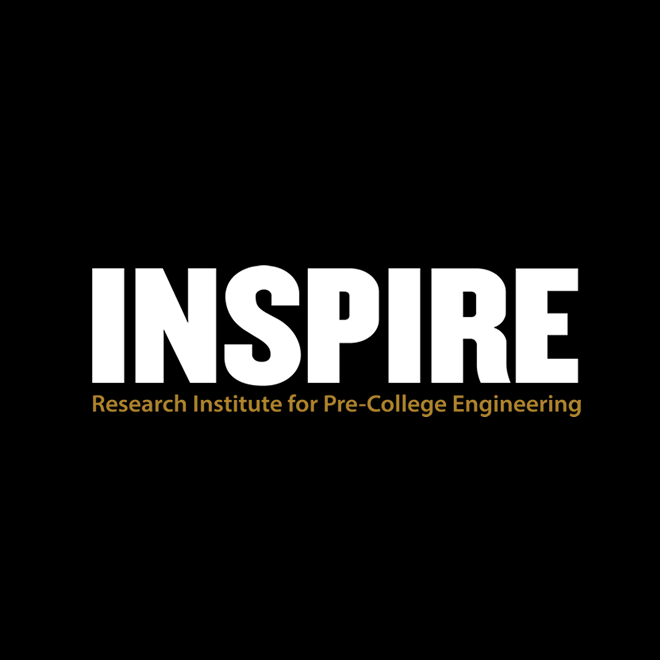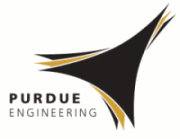Abstract
Primary school practices are often bound by traditions that perpetuate compliance and skills-based, decontextualized, rote memorization activities. These histories of practice, prevalent in schools serving mostly Black and Brown children, make it inordinately difficult for students to author themselves as knowledge builders (i.e., with epistemic agency), which is a form of injustice. Engineering is a potentially fertile context to support the creation of epistemic culture, whereby young students’ assets are recognized, named, and leveraged as they create and shape the group’s disciplinary knowledge. The authors investigated this potential. The primary research question was: How do first-grade students in an urban emergent school author themselves as epistemic agents during an engineering design unit? Using a social practice theory lens and ethnographic methods, the authors studied 29 days of a materials engineering unit focusing on the teacher’s epistemic commitments, implicit meanings of knowledge in classroom discourse, and practices that opened space for students’ epistemic agency. Data collection included fieldnotes and video of class activities and teacher and student interviews. Class discussions about the properties and uses of materials yielded a rich context for studying epistemic culture. The teacher’s epistemic commitments included an eschewing of disciplinary silos, recognizing the nonlinear nature of knowledge-building about engineering, and acknowledging children’s thinking as an asset for engineering knowledge production. Examples of students’ discursive moves demonstrating epistemic agency included: reminding others about the relevance of previous lessons to the current topic, mirroring the teacher’s instructional moves, claiming voice, space, time, and material resources for knowledge-building, translating one another’s ideas, and making unsolicited connections to their lives. Young children’s intellectual assets can too easily be overlooked in traditional learning contexts. This study demonstrates the affordances of responsive engineering instruction in recognizing and building on youths’ intellectual curiosity and enthusiasm for substantively contributing to the classroom’s knowledge-generating practices.
Recommended Citation
Carlone, H. B.,
Mercier, A. K.,
&
Metzger, S. R.
(2021).
The Production of Epistemic Culture and Agency during a First-Grade Engineering Design Unit in an Urban Emergent School.
Journal of Pre-College Engineering Education Research (J-PEER), 11(1), Article 10.
https://doi.org/10.7771/2157-9288.1295


